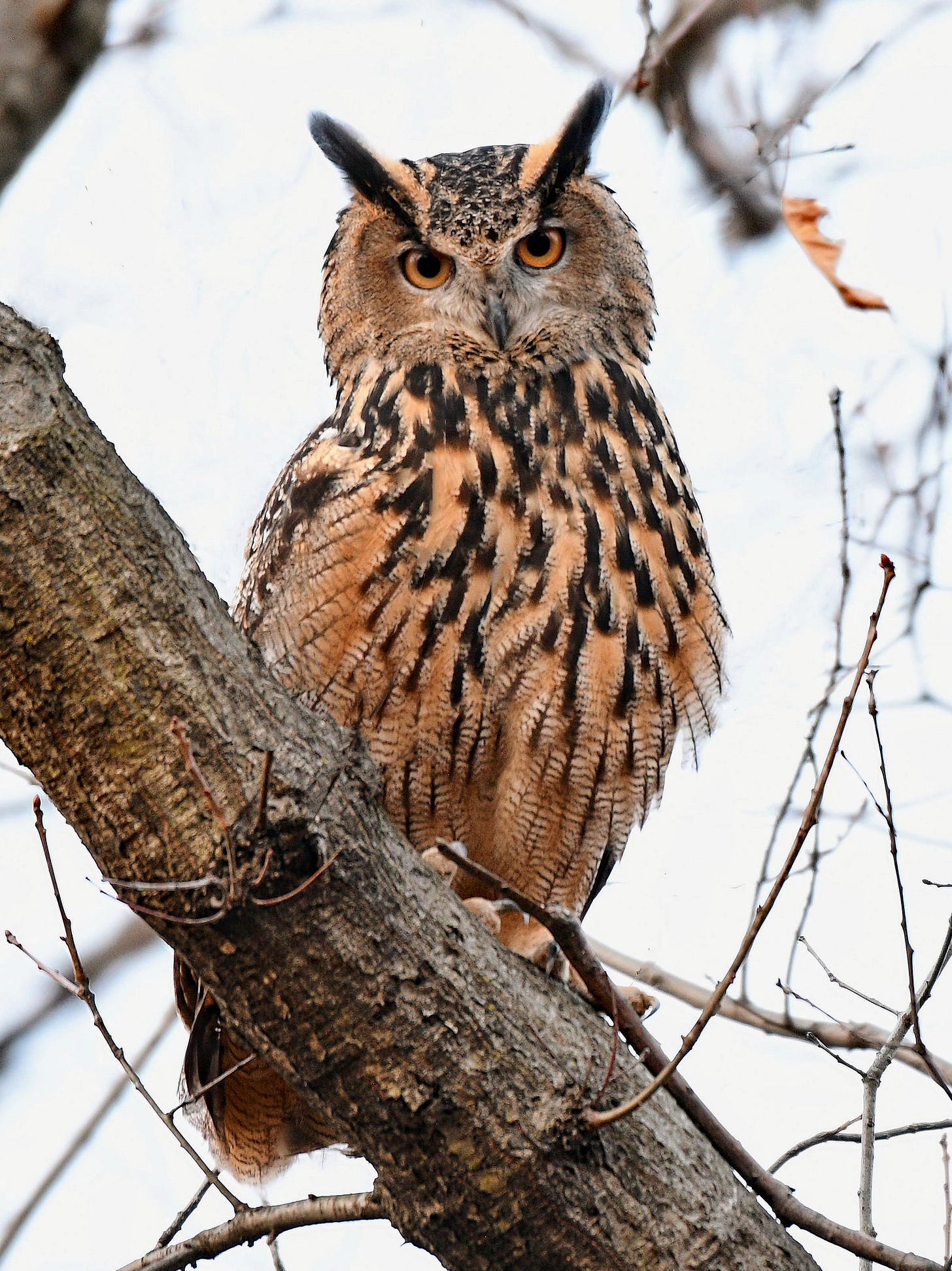Education as a practice of freedom
The thrilling freedom of global online education must remain grounded in the careful stewardship of the places where we actually live.
At a recent concert in New York City, virtuoso cellist Yo-Yo Ma played a spellbinding rendition of “The song of the Birds” by Pablo Casals. The haunting melody, Ma said in a New York Times interview after the concert, evoked for him the potential for humanity to free ourselves from the artificial boundaries that have caused us so much grief—he was thinking in particular of physical borders like nation-states, which have so often led to the unspeakable violence of war.
“The Freedom of Birds” was still sounding in my mind when I attended a meeting this week for faculty teaching in the far-flung Bard Open Society University Network, an initiative funded by the Soros Foundation that allows students to take online classes with professors and students from colleges and universities all over the world. The meeting was focused on building collaborations among the faculty, and creating transnational pathways towards academic “certificates,” which are something like concentrations or majors within broadly defined interdisciplinary fields like “Food Studies,” “Social Enterprise, Social Change,” “Human Rights” and so on.
It seems to me that transnational education, a hybrid of local in-person and global online learning, is the best way for education to develop in the 21st century, assuming that we can continue to count on the smooth functioning of computers and the Internet and all the electricity needed to keep those servers humming.
That’s a big “if,” and there are certainly many people who envision the coming collapse of the social and technological systems built on the unsustainable foundations of capitalism and fossil fuels.
I can see both paths, quite clearly.
Yes, collapse is possible. But I would rather spend this time of relative stability working towards transformations that might enable a peaceful transition to a regenerative relationship with Earth, rather than terrifying myself with disaster scenarios.
In the Bard Open Society University Network, the Ecoversities Alliance and other hybrid in-person/online transnational educational initiatives, I see the glimmerings of a new kind of freedom.
Why should students be locked into a bricks-and-mortar campus for four years (or more, including graduate school), when there is a whole wide world to explore and so many different ways to learn?
All of us involved in American higher education, these past 50 years or so, have been aware that there is something rotten in a system that drives students into crushing debt, refuses to pay its highly educated faculty a living wage, and keeps upping the salaries of its top administrators.
Such a rotten center cannot hold forever, and it’s no surprise that we’re seeing a steady beat of closures of the smaller, financially weaker colleges, as well as the shuttering of the less popular departments at universities—which are often, sadly, in the humanities fields.
A consolidation is afoot, and that may be a good thing, but only if it goes hand in hand with a great expansion into the vast potential of the online educational universe, coupled with a deeper connection of the educational process with the vital cultural and environmental needs of the specific places where we live.
The freedom of birds provides a good metaphor for this. Yes, birds are free to travel anywhere on the globe. But their freedom is predicated on intact, flourishing ecosystems greeting them wherever they land.
The same is true for us humans. We can be free as birds in our virtual worlds, but we cannot survive without the stability of a thriving physical base.
While the freedom of online education is thrilling, we who are stewarding these new initiatives need to remember how important it is to remain grounded in the realities of the various bioregions where we actually live.
To some extent we can look to corporations for cautionary models of what not to do as we move forward with transnational education.
Remember the giddiness of the early years of “globalization”? Remember how those who worried about exploitation of people and ecosystems on the ground were derided and shut down?
Now we know that when transnational corporations were allowed to operate in barely regulated “free trade zones” that extracted resources and work from local regions, without giving anything back, it was a recipe for disaster. From the dead economies of the American Midwest to the environmental catastrophes in Africa and Brazil, the freedom of “globalization” has been nothing to crow about.
This time, in the educational sector, we must do better. Both the Bard Open Society University Network and the Ecoversities Alliance provide good models of how to provide pathways for the free flow of ideas, while maintaining productive two-way connections with the places on the ground that make the virtual meeting spaces possible.
When, in March 2020, I was suddenly thrust into the brave new world of remote learning, it was exhilarating to discover that not only were my students and I able to adapt to our new environment, but it was actually a great liberation to be released from the confines of our dreary classroom on the ground.
Flaco the Eagle-Owl, free at last.
I have been thinking about this as I’ve followed the adventures of the 13-year-old, born-in-captivity Eurasian Eagle-Owl who was recently released from his small New York zoo cage by an unknown liberator. Imagine the Owl’s amazement when he stepped through the snipped wires of his cage, spread his mighty wings and soared into the open air for the first time in this life!
The zookeepers worried that Flaco, as they had named the Owl, would not know how to feed himself, but he quickly proved himself to be a capable hunter of Central Park rats.
In my psyche, the image of this huge Owl, whose true name is surely something much more majestic than “Flaco,” seems to represent the beckoning possibility of freedom that is glimmering for all of us these days.
Can we imagine stepping through the societal and self-imposed cages that hold us back from soaring up into the starry night?
Once free, can we imagine ourselves coming home to roost in the landscapes that nourish us, participating positively in the great cycles of life wherever we find ourselves?
While the Eagle-Owl needed only instinct to quickly learn how to integrate into his new environment, we humans need what Thomas Berry called “cultural coding”—education—to help us learn how to envision and create new, more beneficial social structures within which we can thrive.
In the many breakthrough initiatives of global hybrid education that are sprouting up now, I see the potential for education to become an uncaged practice of freedom.
Thomas Berry, Paolo Freire, Gustavo Esteva, Deleuze & Guattari and many others have laid down the theoretical runways for us. Maybe now we can finally take wing and soar.





I think we can! Look to what’s happening in the informal adult education in entrepreneurship, fiction writing, and other fields. I have students from around the world, working at their own pace on their goals.